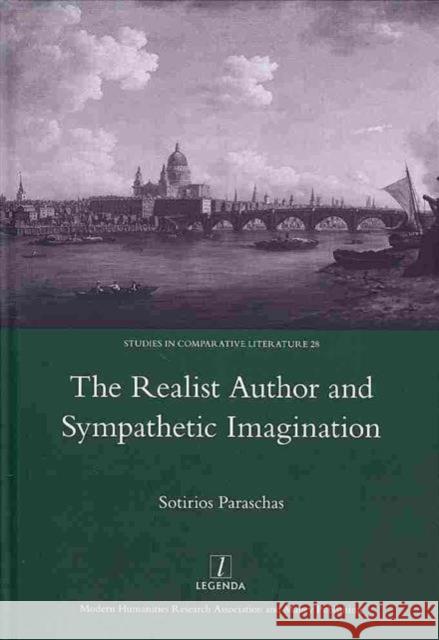The Realist Author and Sympathetic Imagination » książka
The Realist Author and Sympathetic Imagination
ISBN-13: 9781907975707 / Angielski / Twarda / 2013 / 236 str.
The Realist Author and Sympathetic Imagination
ISBN-13: 9781907975707 / Angielski / Twarda / 2013 / 236 str.
(netto: 419,76 VAT: 5%)
Najniższa cena z 30 dni: 418,05
ok. 22 dni roboczych.
Darmowa dostawa!
The nineteenth century realist author was a contradictory figure. He was the focus of literary criticism, but obscured his creative role by insisting on presenting his works as 'copies' of reality. He was a celebrity who found himself subservient to publishers and the public, in a newly-industrialised literary marketplace. He was the owner of his work who was divested of his property by imperfect copyright laws, playwrights who adapted his novels for the stage, and sequel-writers. This combination of a conspicuous yet precarious status with a self-effacing attitude was expressed by an image of the author as a plural, Protean subject, possessing the faculty of sympathetic imagination - which the realists incorporated in their works in the form of a series of fictional characters who functioned as 'doubles' of the author.
Paraschas focuses on two realists, HonorE de Balzac and George Eliot, and traces this authorial scenario from its origins in the late eighteenth century to its demise in the early twentieth century, examining its presence in the works of E.T.A. Hoffmann, Friedrich Schlegel, Charles Baudelaire and AndrE Gide.











